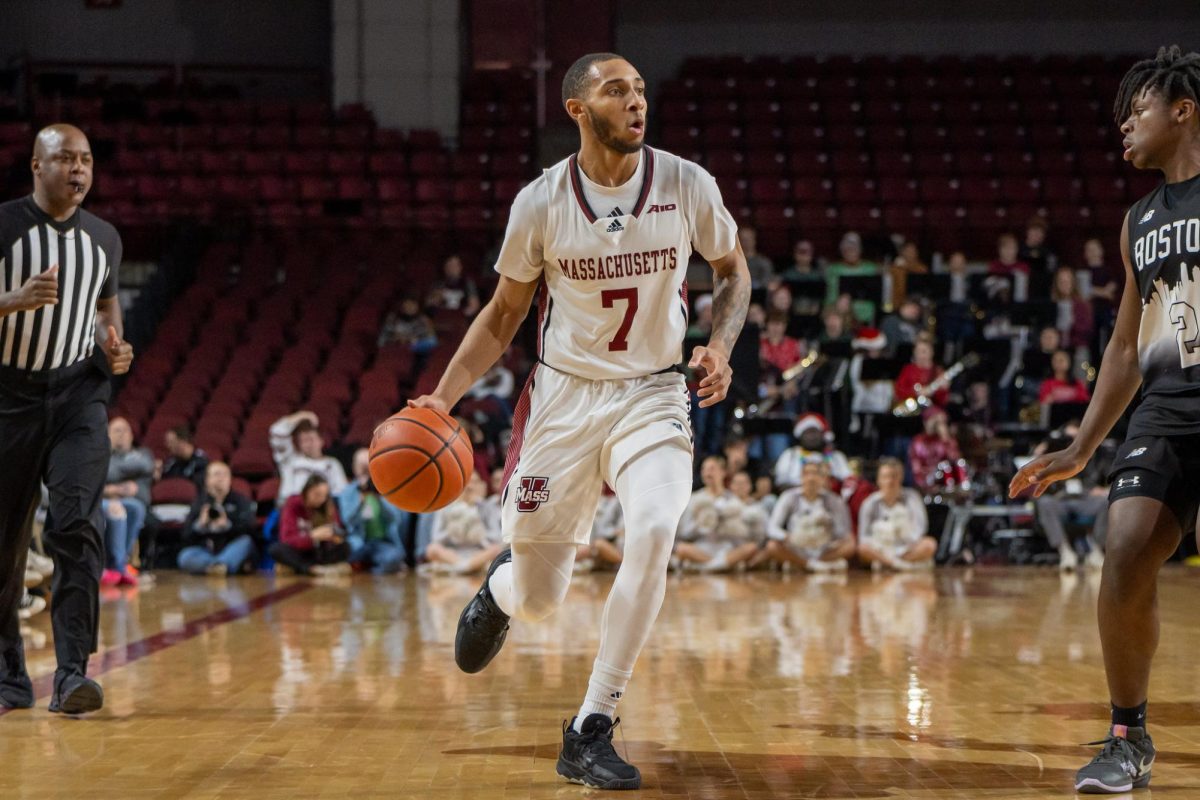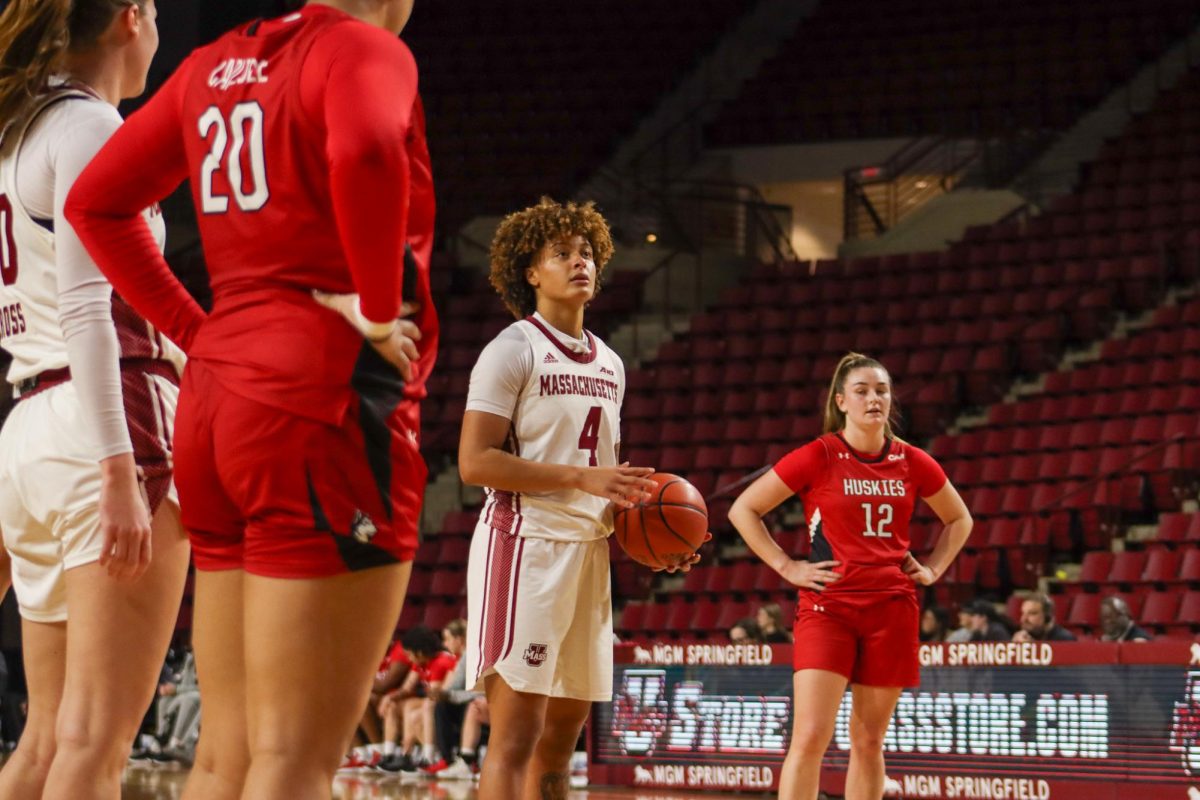In response to the global environmental issues of the 21st century, the University Without Walls (UWW) at the University of Massachusetts is offering a new concentration in the field of sustainable entrepreneurship.
The main principle of the certificate program is based on the idea of the “triple bottom line,” which accounts for people, the planet and profit. This program focuses on teaching basic business skills, the impact humans can have on the environment and the relationship between a business and its consumers.
“Sustainable entrepreneurship is something the faculty and staff [at UWW] have all sort of lived by for years,” said UWW marketing strategist, Heather Miller. “But now I think the rest of the business community is looking for the same thing.”
The certificate is open to both full and part-time students. Class times are geared towards working adults pursuing the certificate and undergraduates looking to add it to their diploma.
Courses are offered covering many rising green trends, such as holistic health, sustainable food systems, small business development, sustainable agriculture and green building.
Professor Gary Bernhard of UWW, the certificate’s most influential developer, said that with environmental issues on the rise in the 21st century such as global warming, pollution and a shrinking oil supply, it is imperative that businesses focus on a triple bottom line.
“That’s the larger context; we just can’t sustain this way of life,” Bernhard said. “If we don’t start doing something about these things, the quality of life is going to diminish profoundly because the planet can’t handle it.”
Bernhard also mentioned that a business and environmental education is an important skill picked up through the program. He said this understanding can sometimes be the most effective tool for a sustainable business. Entrepreneurs in this field must learn to educate the public about environmental issues regarding what their business is doing and how effective they are in comparison to bottom line competitors who are only concerned about making a profit, according to Bernhard.
“Part of the education is foreseeing these issues, understanding what it means to be in competition with companies, farms and health centers that don’t care about these things and aren’t trying to integrate sustainability concerns into their business,” he said. “Those concerns can put a lot of pressure on an entrepreneur in realizing he or she can really be undersold by a company that isn’t thinking about these things.”
Bernhard said this idea of the triple bottom line can be applied to many different industries, from agriculture to architecture, even to modern medicine.
In the field of agriculture, he mentioned the idea of community supported agriculture (CSA) programs, which are a rising trend in the Pioneer Valley. In this business model, local farms grow organic produce and sell shares of their crops to consumers. This practice helps the earth by not using chemicals that can harm the environment, and greatly reduces the amount of traveling the product does, thus reducing pollution through vehicle exhaust.
In architecture, he said more builders are now seeking green building certification. Many contractors are now choosing building locations based on how easily solar energy can be utilized as part of a home’s resources. Architects are also looking into more local forms of energy, such as geothermal energy, which can play a role in sustaining one house or an entire neighborhood.
He also mentioned that in the medical field, nurse practitioners are also being certified in more natural, or holistic health practices, such as massage therapy and Reiki, a form of spiritual alternative medicine.
Bernhard said that with programs like this starting all over the country, he is optimistic that in the long run, the practices of sustainable entrepreneurship can help maintain a healthy global environment.
“I think that ultimately, programs like this, whether they’re academically oriented or not, are really going to have a profound effect on preserving the environment,” said Bernhard. “I foresee some real changes in the way we think about food, health, building and energy use over the next five to 10 years.”
Lucas Correia can be reached at [email protected].






